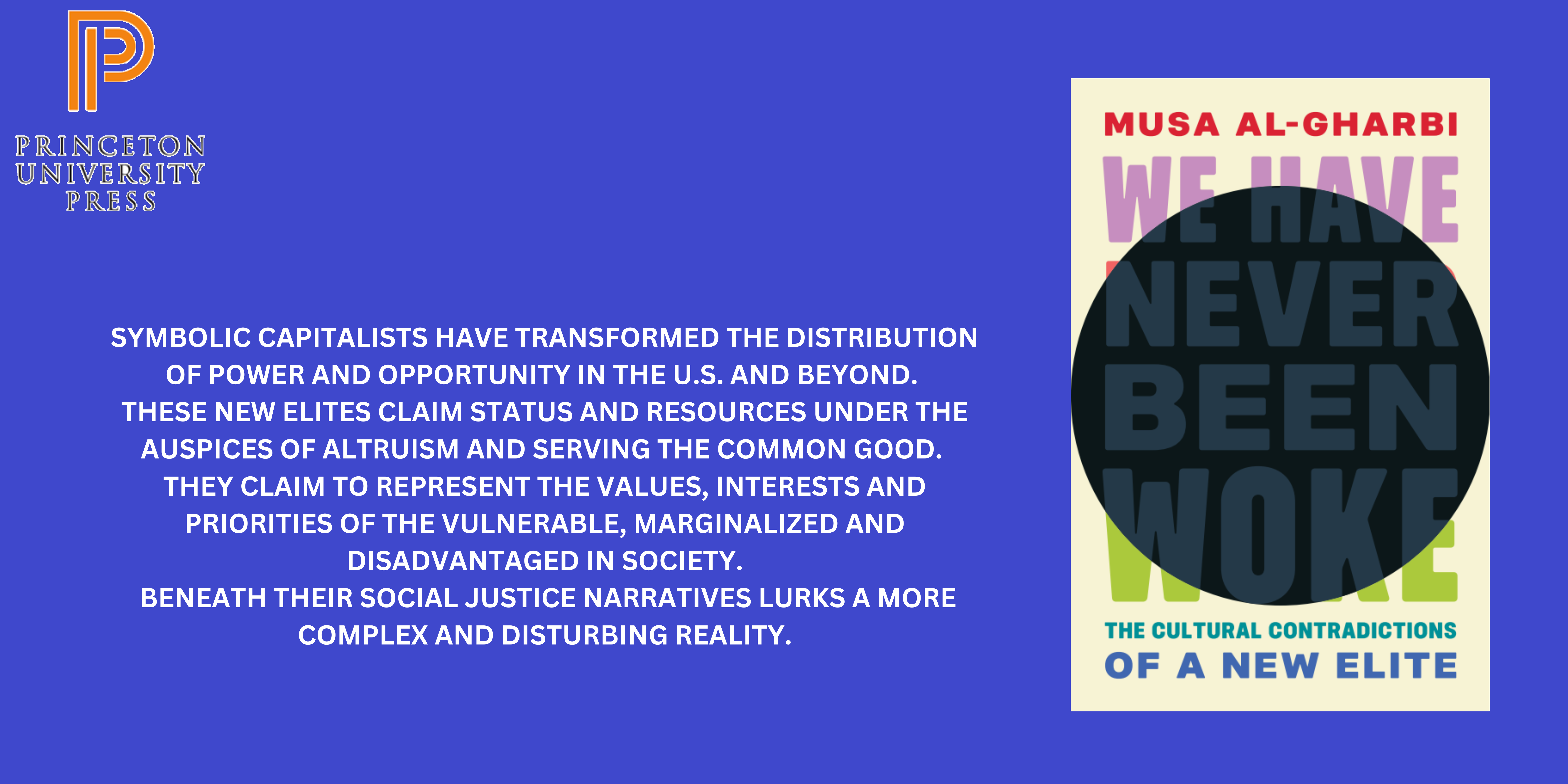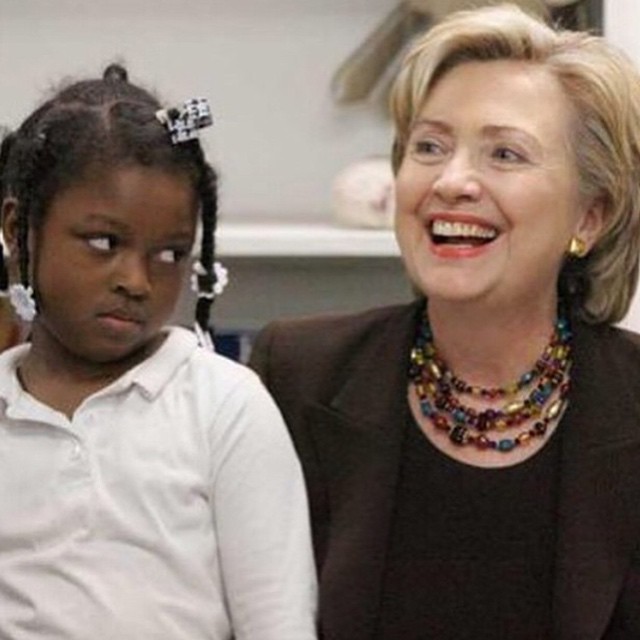Q&A
I am pleased to see this article gain so much traction and generate such vigorous debate. While I cannot read or respond to all the comments, my impression from the large number of them I sampled is that most of the objections to this article fall into a handful of general categories, which I will address below:
Vis a vis the Clinton Administration: isn’t it unfair/ sexist to blame Hillary Clinton for her husband’s policies?
Without question, it would be inappropriate to blame Hillary for Bill’s actions. But that is not what I am doing here. I have called out policies which she explicitly endorsed and campaigned for. It was Hillary who called people on welfare “deadbeats” while campaigning for gutting social safety nets, and it was Hillary who referred to people as “superpredators” who need to be “brought to heel” while campaigning for the crime bills–just as it was Hillary Clinton who mocked Barack Obama for opposing mandatory minimum sentences in 2008. So this is not blaming Hillary for Bill, this is exploring Hillary’s own record.
You are cherry-picking! For instance, Hillary also worked for the Children’s Defense Fund.
You are right that I am cherry picking. This is not a novel about Hillary Clinton’s life, but a 1000 word op-ed. You can only fit so much. But my decisions about what to include are certainly defensible. For instance, she followed up her gig on the Children’s Defense Fund by working for the board of Wal-Mart, one of the most exploitative companies in the world. Moreover, the good work she may have done for the CDF does not compare in terms of scale to, and certainly does not negate the damage from, the policies highlighted here. The idea that working for a little while at a non-profit washes away any future harm one does is ludicrous.
And frankly, cherry picking works both ways. I only included a handful of examples here about Clinton’s terrible record, because again, it was a short op-ed. But others, Michelle Alexander (The New Jim Crow) go on at great length in multiple columns, as do others I linked to throughout.
In fact, one could argue that if anyone is cherry-picking, it’s Clinton’s supporters. The gig she did far longer than working for Children’s Defense Fund, First Lady, Senator or Secretary of Defense was working as a corporate lawyer for Rose Law Firm — where she defended corporations against consumer lawsuits, liability actions for wronged employees, labor disputes, etc. Hardly a champion of the people.
But more broadly, the charge of cherry-picking is ill-formed here: editorials, by their nature, cannot be anything close to exhaustive.
It’s unfair to blame Clinton for supporting Goldwater, she was young!
First, most of the essay addresses positions she took well into adulthood, when she departed the private sector and returned to politics. I led with that because she and Sanders were both young, and living in the same city, but involved in very different types of political activism. And it is a relevant moment because these were formative years for them. One of the big themes of the essay was the continuity between someone who would campaign for Goldwater and the kind of person who would take many of the other positions she has subsequently. Or put another way, she may not have evolved as much as her advocates like to suggest.
Other black leaders also supported the 1994 crime bill! And Bernie Sanders voted for it!
With regards to Bernie’s vote, it is addressed in the article, so I will not repeat. But it is worth noting Sanders voted against a number of other crime bills endorsed by the Clintons, so attempting to draw an equivalence between them based strictly on the basis of the ’94 bill is inappropriate on several levels.
With regards to black leaders who actively supported “tough on crime” measures, if they were running for president, they would not get a pass either. The idea that Hillary can’t be criticized for legislation she actively championed because some black people also voted for it is ludicrous.
But in fact, the Congressional Black Caucus had largely opposed the measure, killed the first iteration of the bill, and only relented at the last moment on the second in an effort to save Bill Clinton’s presidency–because it was going into the ’94 election and Bill had gone too far out on this to turn back. He convinced them that if he failed, he would suffer badly in the election. As a result, a Republican-dominated Congress would pass something far worse, which he might feel compelled to sign into law. Or else, the Republicans could win in ’96 by running on a Nixon/ Reagan “tough on crime” campaign and, again, ultimately pass something far worse. But even then, a full third of the caucus rejected his fear-mongering and refused to approve the measure.
So the idea that black leaders largely supported the ’94 crime bill is misrepresenting what happened. The idea that it was “a different time” is similarly ludicrous. Again, Sanders understood the consequences of the bill and strongly urged the Congress to revise or abandon those sections. And he was not alone. Hillary Clinton, by contrast, gave a full-throated endorsement of the draconian penalties–and continued to do so as late as 2008, while campaigning against Barack Obama.
This continuity itself undermines the “different time” argument. And again, a large swath of the essay focuses on the post-Clinton era–in particular her often-racist campaign against Obama, and the policies she stood by during that period.
You are suggesting that other black voters must be stupid/ ignorant. They know Hillary is a “flawed” candidate.
“Flawed” in an understatement.
First, to suggest that Clinton dominates with black people is somewhat misleading. Right now, narratives about black voters have been shaped largely by votes from a handful of red states with large black populations. To view these as decisively expressing the will of all African Americans is absurd. Let’s let the race run its course before we make sweeping proclamations about how black people feel.
On that note, the point of this essay was to explain why I, as a black person, will never support Hillary Clinton–why I do support Bernie Sanders–and why I believe that many of my other brothers and sisters will (and should) ultimately turn against Clinton as they did in 2008. Other people can choose to find the arguments compelling or not. But to read an insult into the article is to read it in bad faith.

